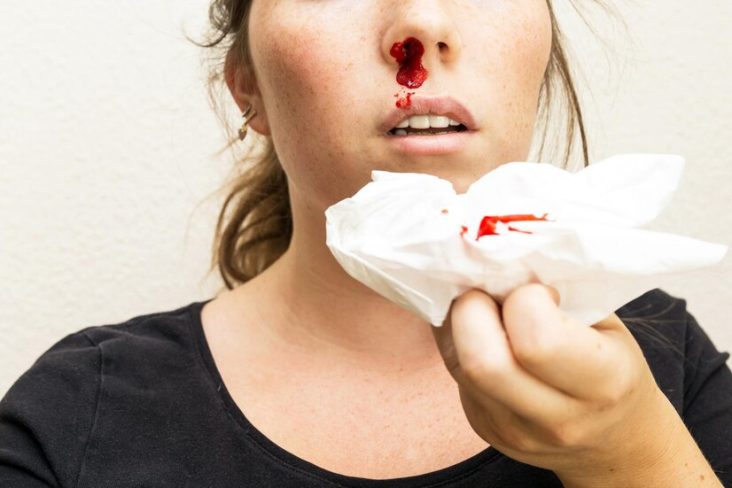Nosebleeds, medically known as epistaxis, are a common condition that affects people of all ages. While they can be alarming, most nosebleeds are not serious and can be treated effectively at home. In this article, we will discuss the causes and effective remedies for stopping nosebleeds, with expert advice from Dr. S.P. Sahni, an experienced ENT specialist.
Causes of Nosebleeds Nosebleeds can be caused by a variety of factors, including:
- Dry air: Dry air can irritate and dry out the nasal passages, leading to nosebleeds.
- Nose picking: Picking your nose can cause injury to the delicate blood vessels in the nose, leading to nosebleeds.
- Trauma: Injury to the nose, such as from a fall or accident, can cause nosebleeds.
- Infections: Infections of the sinuses or upper respiratory tract can lead to nosebleeds.
- Blood-thinning medications: Medications such as aspirin or warfarin can increase the risk of nosebleeds.
Effective Remedies for Stopping Nosebleeds If you experience a nosebleed, there are several effective remedies that can help stop the bleeding. These include:
- Pinch your nose: Pinching your nose can help to stop the bleeding by applying pressure to the blood vessels in the nose. Pinch your nostrils together and breathe through your mouth for several minutes.
- Use a cold compress: Applying a cold compress, such as a bag of ice or a cold washcloth, to the bridge of your nose can help to constrict the blood vessels and stop the bleeding.
- Lean forward: Instead of leaning back, which can cause blood to flow down your throat, lean forward slightly while pinching your nose to allow the blood to flow out of your nostrils.
When to Seek Medical Attention Most nosebleeds can be treated effectively at home, but in some cases, medical attention may be necessary. You should seek medical attention if:
- The bleeding is severe and does not stop after 20 minutes of applying pressure.
- You experience frequent nosebleeds.
- You have a bleeding disorder or take blood-thinning medications.
- The nosebleed is caused by a serious injury or underlying medical condition.
Preventing Nosebleeds Preventing nosebleeds involves taking care of your nasal passages and avoiding factors that can increase the risk of nosebleeds. This includes:
- Keeping the nasal passages moist: Use a saline nasal spray or humidifier to keep the nasal passages moist and prevent dryness.
- Avoiding nose picking: Avoid picking your nose or blowing your nose forcefully.
- Avoiding irritants: Avoid irritants such as smoke or strong chemicals that can dry out the nasal passages.
In conclusion, nosebleeds are a common condition that can be treated effectively at home. If you experience frequent nosebleeds or have a bleeding disorder, it is important to seek medical attention from an ENT specialist like Dr. S.P. Sahni. Effective remedies for stopping nosebleeds include pinching your nose, using a cold compress, and leaning forward. Preventing nosebleeds involves taking care of your nasal passages and avoiding factors that can increase the risk of nosebleeds. With proper care and attention, you can help keep your nose healthy and prevent nosebleeds from occurring.
for more information : https://omsaienthospital.in/

